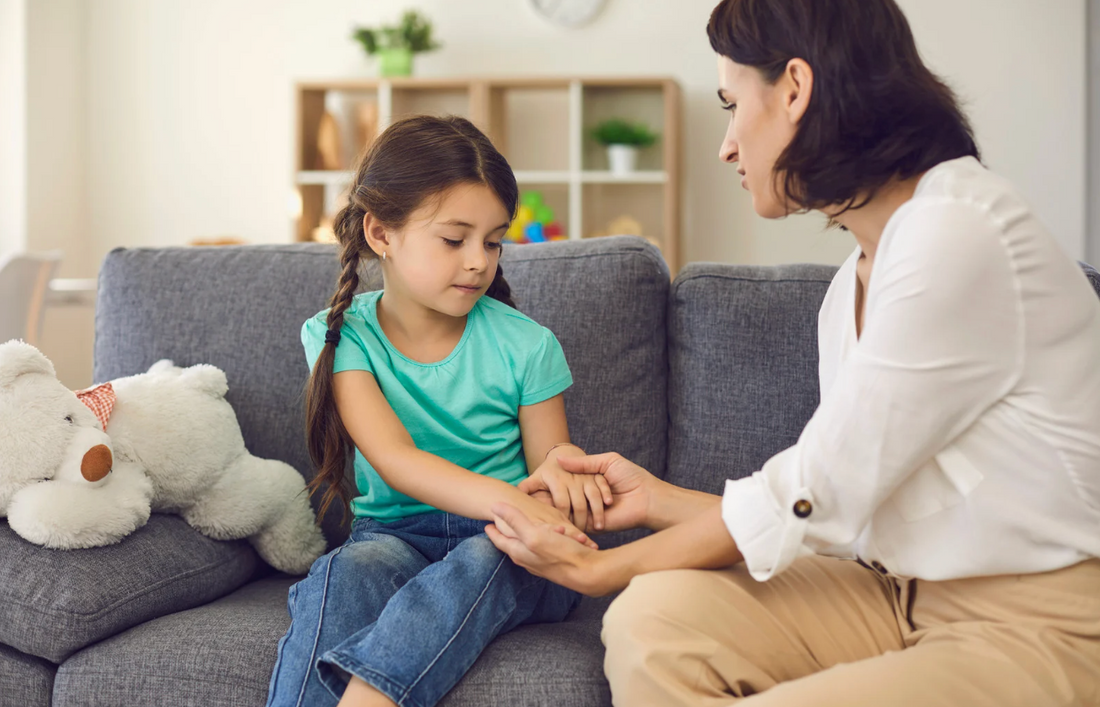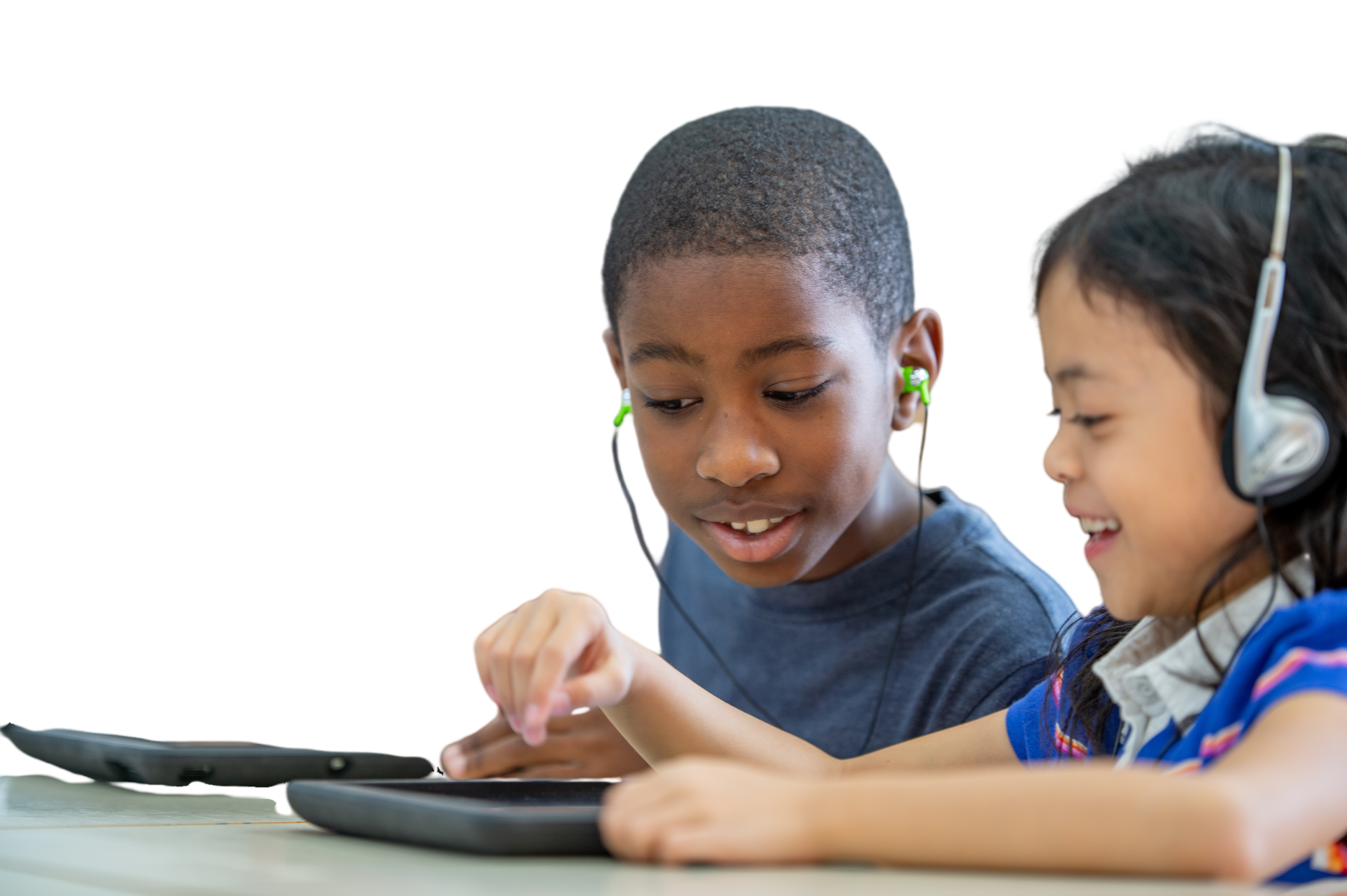
How to Talk to your Children About War
In an ideal world, parents would never have to prepare their kids for discussions about war and conflict. However, our reality often exposes kids to these challenging topics.
As much as we'd like to protect our kids and shield them from the ongoing events, it's our responsibility as parents to help them navigate these complex times by providing them with comfort and creating a safe space to talk about their concerns and ask questions.
Below are a 4 tips on how to discuss war and conflict with kids and how to care for your child and yourself as we navigate these difficult times.
1. Take Time for Yourself
Before you even talk to kids, make sure you have time to process your own feelings and thoughts. During these challenging times, it's important for us to take care of ourselves. Whether that means taking time to sit with your emotions, limiting your time on the news, or talking to a close friend, it's important that we don't neglect our own needs.
Because for us to show up for our kids, we need to take care of ourselves first.
Try:
1. Limit your time spent on the news
2. Practice Self-Care: Take a hot shower, go on a walk, meditate, etc.
3. When you are ready, talk to a close friend
2. It's okay to not have all the answers
Inevitably, your kids will ask a lot of questions. As much as we wish we knew all the answers, the truth is sometimes we just don't know. And it's okay to not know.
Try:
"You have a lot of really good questions and honestly I don't know. I also have a lot of questions too that I wish I knew the answer to. But you know what, when I find out more about it, I'll let you know."
3. Be there for them
Sometimes, it feels like regardless of what we say, our words just aren't powerful enough. But during these moments, remember, it's less about what you say and more about what you do.
Your presence matters. Spend time with them and give them a big hug. At the end of the day, your child will remember more about how they feel when they are with you more than the specific words you say to them.
Try:
"What is going on in the world is scary. I know. But remember, we will always have each other.
We can be scared, and we can be brave together."
4. Open Communication
Feelings come up, and questions may arise. Let them know that whatever it is, they can always come to you, and you will always be there for them.
Try:
"I know you might think of more questions later or feelings might come up. Just remember that I'm not going anywhere. I'm always here for you, and we can talk about anything and figure everything out together. How does that sound?"





 Most Popular
Most Popular
